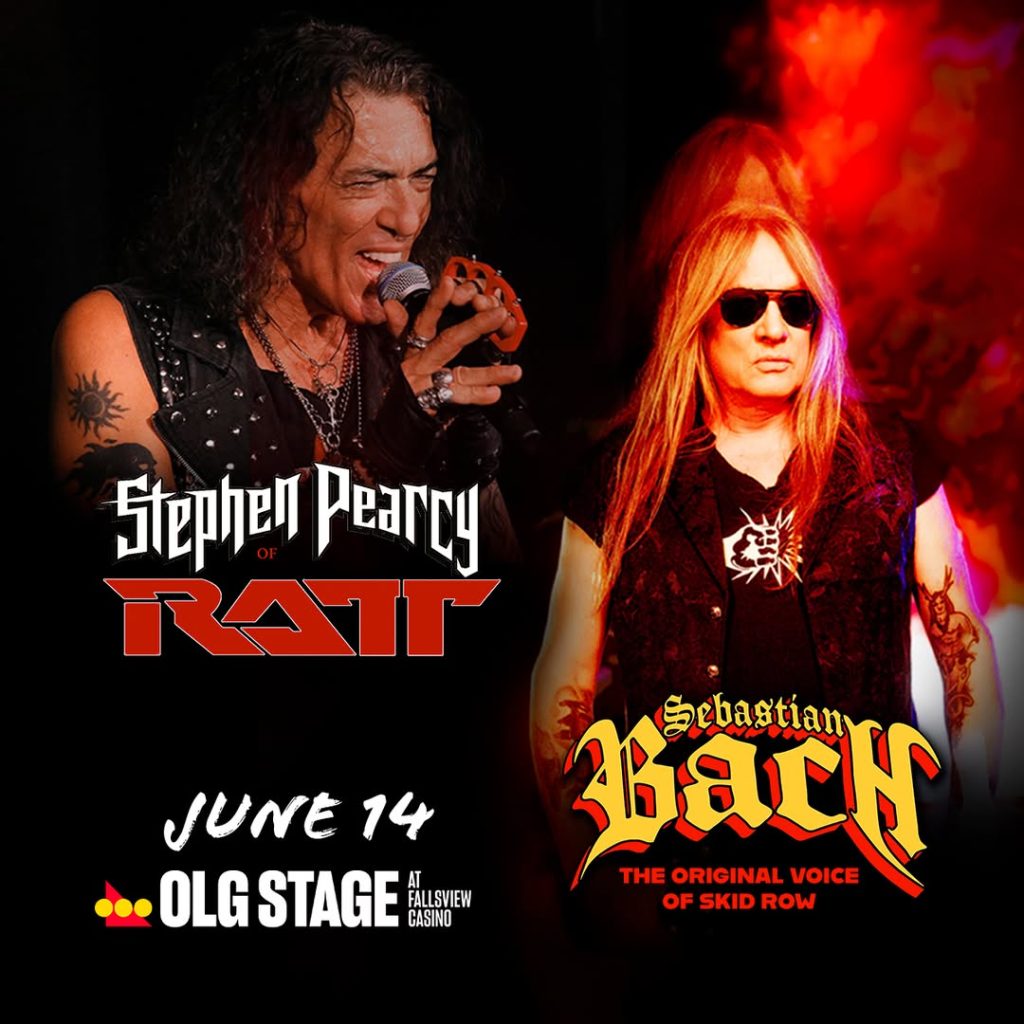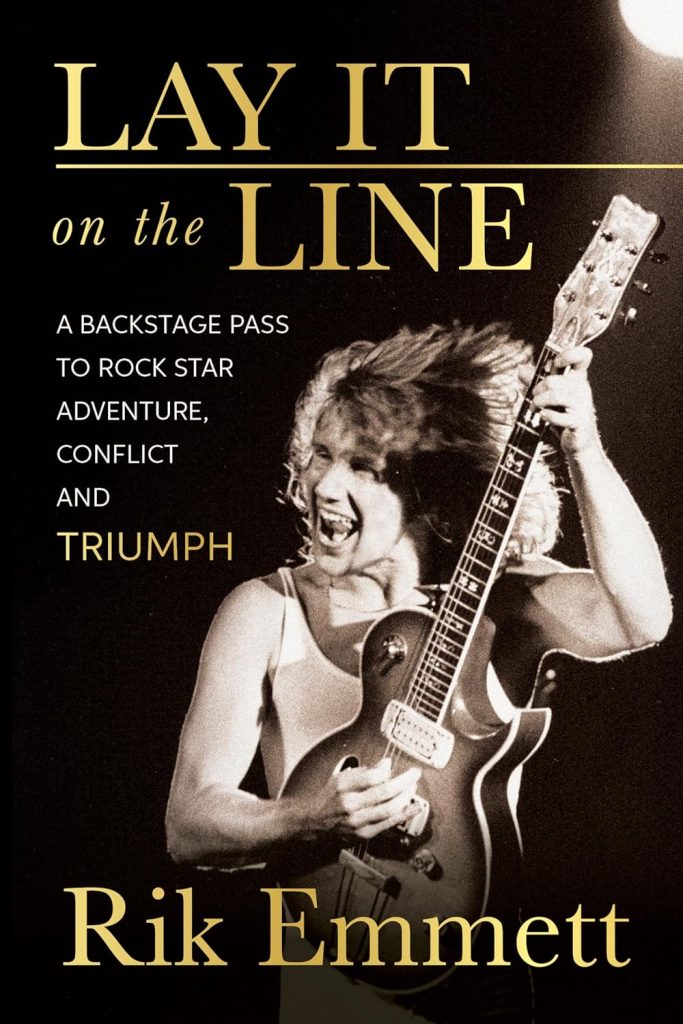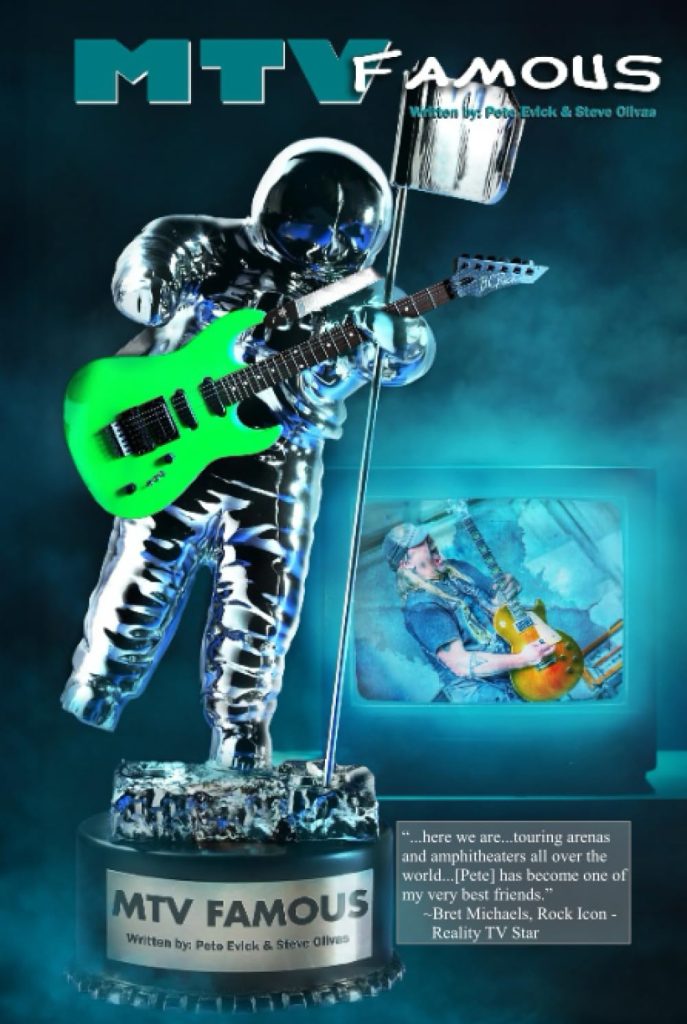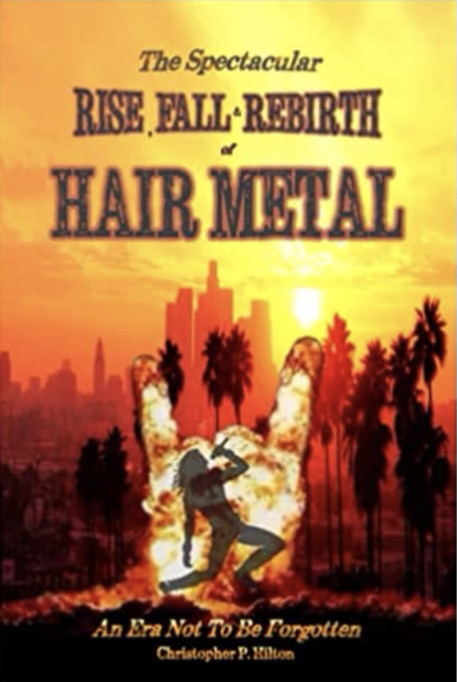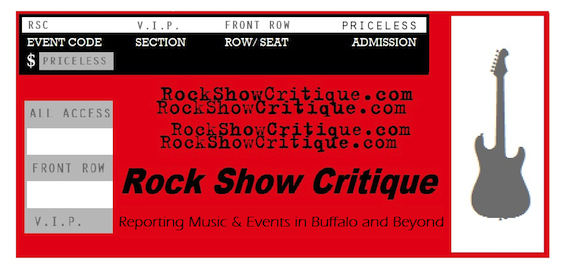 Interview
Interview
Frankie Banali
Quiet Riot
W.A.S.P.
August 2017
By: Joseph Suto
Quiet Riot’s humble beginnings trace back to the 70’s. They were what many would call a late bloomer. The band did not have its commercial breakthrough until 1983 when their album Metal Health seemingly came from nowhere and rocketed to number one on the charts. It would be deemed the first metal album to ever reach number one. The album would go on to sell some six million copies. Their next album Condition Critical sold one million but sales cooled off after that. While their third release QR lll would enter the charts at #31 it failed to generate enough sales and the band would never have another gold or platinum certification.
The band regrouped and the current incarnation finds drummer Frankie Banali, bassist Chuck Wright, guitarist Alex Grossi and new singer James Durbin at the mike. They have just released Road Rage, their first full length album of all new material since 2006’s Rehab.
We recently talked to Frankie Banali and he gave us the lowdown on everything Quiet Riot.
RSC: Congrats on the new album. Road Rage comes out tomorrow August 4. Let’s start off from the beginning. You had originally recorded the album with another singer. How did James Durbin come about joining and how did the decision to record the songs again with James come about?
FB: Well the chronology is actually a little different. After I signed the deal with Frontiers and I knew that I was going to need a vocalist both for touring Quiet Riot and to do the record. My first choice was James. I got in touch with him last year early on in the year. He was very interested in doing it however he had just signed an agreement with another project that was open ended. There was no way of knowing how long he was going to be busy with that and I was really not in a position to really wait. The second individual I reached out to was a singer named Jacob Bunton. Jacob is a really good songwriter and a really good singer, he wanted to do the record but he decided he wanted to take time off from the road. I needed someone to do the record and tour it so that was no longer an option. I exercised my third option which ultimately did not work out. At the same time, I made the decision that we needed to make a change, James was now available. Which brought us to the point of re-recording all new vocals, all new lyrics, all new original melodies to the songs that had already been written by Alex Grossi, Chuck Wright and my writing partner Neil Cintron.
RSC: How did you guys come up with the songs for Road Rage?
FB: Most bands no longer live in the same cities anymore. It used to be a prerequisite if you were going to be in the band that you’d have to be in the same city because there would be rehearsals and recordings and all of that. As the industry has changed and people have moved around and technology has made it possible to literally write together but not at the same location. For the Road Rage record, it was a little different because I had already started writing material before I signed the deal, with Neil who I write with. We already had quite a number of songs to varying degrees were finished. Alex wrote this really great ballad “The Road”. Chuck Wright brought this really interesting riff that Neil and I turned into a song called “So Wild”. It wasn’t written in the traditional way but I don’t think very many bands write in the traditional manner anymore where everyone gets into a room and hash it out.
RSC: Do you have any favorite songs from Road Rage?
FB: Yeah! I like “Can’t Get Enough” which we just did a video for. That was the first video we’ve done in almost thirty years. I like that a lot that’s a really strong hook, it’s a very straight-ahead song. “Getaway” I think is great. “Roll This Joint” is a really fun song. Songs like “Freak Flag” and “Wasted” are sort of cousins stylistically to some of the Quiet Riot material from the past. You have a song like “Still Wild” which is very much Zep orientated and I’m a big Led Zeppelin fan. There’s just a lot of really great things on this record.
RSC: How long will you tour for the new album.
FB: Well Quiet Riot is always perpetually on tour. We’re out almost every single weekend. We’re already booked into February of 2018.
RSC: Will you jump onto one of those big tours again someday?
FB: It really depends. The industry has really changed a lot. There are less and less package tours. We’re always interested. We did a number of Rock Never Stops and the package tours with Poison in the past. Ted Nugent, Cinderella, Ratt things like that. It really depends on the tour and the situation. I’ve had the same booking agent since 1983 and he always comes up to the table and gets us out there on the road. Will we do a package tour? If it’s the right tour, absolutely. Will we continue to tour? That’s all we do.

RSC: What made you finally decide to resurrect the Quiet Riot name after your strong statement made after we lost Kevin? Did you ever consider using a different name for the band?
FB: No. My position was at the time was I didn’t see how I could continue Quiet Riot without Kevin. He was my best friend for almost three decades. We were family. He was like a brother to me. I had a great relationship with Kevin. Once he passed away not only did it affect the business of Quiet Riot, it affected me personally. I had blinders on. I couldn’t see past the fact that he was gone. At the same time, as time went on I realized I missed Quiet Riot. I also realized I dedicated a huge portion of my adult life and career to the band. I felt that I owed it to myself to continue the band. I had the right to do so. I felt it was important to keep the legacy of the band moving forward and keep reminding people of what Quiet Riot was all about. And Yeah, I took a lot of criticism for it but I also expected it. It wasn’t like I woke up one morning and said “all right I’m gonna do this again and it’s going to be great and everyone’s going to pat me on the back. I knew it was going to be the complete opposite. I’m always ready for the good fight.
RSC: QR lll is one of those albums that has quite a few good songs yet for one reason or another got lost in the shuffle. What is your take on that album?
FB: I always thought it was a great record. I understood why it had so many keyboards because that was the fashion of the music style that was going on at that time. I thought it was a little too much keyboards. But I still stand behind the record, I think it’s a great record. Some of the factors that were playing into it at that point was the fact one of my best friends in the world Rudy Sarzo had left the band after the Conditional Critical tour. That was the first sort of crack in the so-called classic lineup. Music was changing pretty rapidly at the time. We’re getting close to the late 80s. Some people were moving on in their taste and it kind of got lost in translation.
RSC: How did you develop your hard-hitting drumming style? Was it something you learned over time?
FB: When I first started playing back east. The whole mentality of playing back east was different than the west coast of California. You have to understand I’m playing in bands that have two guitar players each of them had two Marshall major stacks. So that’s four cabinets and two heads per guitar player. This is no exaggeration. The bass player had nine Sunn Coliseum bass cabinets. At the times drummers didn’t get monitors. Drummers got one microphone to mike the entire kit and that was it. I had to fight for my life to be heard. That’s when I started developing a style where I was hitting hard but I wasn’t breaking drum heads or breaking that many drum sticks. It was a technique so I could be heard and I could project my sound as much as I could over this wall of music that was happening behind me and around me.
RSC: Some may not know this but you also recorded and toured with WASP over the years. What did you take away from that experience and working with Blackie Lawless?
FB: I’ve known Blackie for forty years and we’re still friends I hear from him fairly often. It was a great experience because it was a completely different style of music and a completely different type of music that I was doing with Quiet Riot. I think what I gained the most from that situation was people saw me play things they didn’t know I could play. They were unaware I could play in different styles. What Blackie and WASP got out of it was somebody that was going to be able to play that materiel but be conscious of playing it in a manner where it was as powerful as it could be without it being chaotic. I think that’s the especially the case with the first record I did. I recorded seven albums with Wasp and Headless Children is the first one I did and its still my favorite.
RSC: Do you enjoy playing in the studio or playing live more?
FB: I enjoy both equally. I enjoy the challenge of going into the studio and recording songs and making everything sound the best you can possibly make it sound. That’s a creative process, that’s building blocks, which I really enjoy. Taking it onto the live stage is a whole different world. Now you have to take that material and sometimes perform it a little different. What works in the studio at one tempo does not necessary work live in another tempo. It can start feeling a little sluggish. I enjoy both equally. I think the recording process is the beginning of getting those songs to the live stage. Their hand in hand but they’re completely different animals, both that I love.
 RSC: How long do you envision Quiet Riot going on for?
RSC: How long do you envision Quiet Riot going on for?
FB: I have no idea. I had no idea when we recorded the Metal Health album that it would be as successful as it was. We thought it was a great record. We just didn’t think anyone else would agree with us. And here we are almost four decades later. It’s only possible because of the fans. A band is only as good as the fanbase that they have. The fans have been incredibly supportive. We still have many of the fans that were with us from the beginning and we have a lot of new fans. So, as long as their interested in Quiet Riot I am interested in them.
Special thanks to Jon Freeman and Frankie Banali for the interview!!
Stay tuned for our top 25 Quiet Riot songs ranked in order!!!
